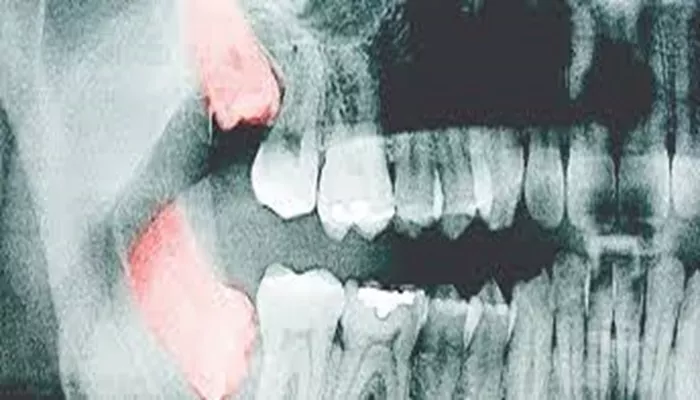Wisdom teeth, also known as third molars, are the last set of molars that typically emerge in late adolescence or early adulthood. For many, these teeth can become a source of discomfort and dental issues, leading to their removal. However, a lesser-known fact is that some individuals are born without wisdom teeth at all. This article will explore the prevalence of this phenomenon, the reasons behind it, and its implications for oral health.
What Is Wisdom Teeth?
To grasp the significance of being born without wisdom teeth, we first need to understand what wisdom teeth are and their purpose. Wisdom teeth are the final set of molars located at the back of the mouth. They usually emerge between the ages of 17 and 25, a period often referred to as the “age of wisdom,” which is how they got their name.
Historically, our ancestors had larger jaws that accommodated all 32 teeth comfortably, including wisdom teeth. These extra molars were necessary for chewing tough foods like roots and meats. However, as human diets evolved and jaws became smaller, the need for these teeth diminished. Many people now experience overcrowding when wisdom teeth attempt to erupt, leading to complications such as impaction, infection, or misalignment.
see also: How Long to Irrigate Wisdom Teeth
Prevalence of People Born Without Wisdom Teeth
Studies suggest that a significant portion of the population is born without wisdom teeth. Research indicates that about 10% to 25% of people are born without any wisdom teeth. The prevalence varies across different ethnic groups and geographical regions. For instance, some studies show that individuals of Asian descent are more likely to be born without wisdom teeth than those of European descent.
This genetic trait is known as “agenesis.” Agenesis refers to the absence of one or more teeth due to developmental issues.
When it comes to wisdom teeth, agenesis means that a person does not develop these molars at all. The lack of wisdom teeth is usually not problematic and can even be beneficial, as it reduces the risk of dental complications associated with their eruption.
Genetic Factors
The absence of wisdom teeth is largely influenced by genetics. Several genes are involved in tooth development, and variations in these genes can result in the agenesis of certain teeth, including wisdom teeth. Genetic studies have identified specific markers associated with the absence of these molars. Research shows that families often share this trait, indicating a hereditary pattern.
In addition to genetic factors, other elements can influence the development of teeth. Hormonal changes during development, nutritional factors, and even environmental influences may play a role. However, genetics remain the primary driver of whether an individual is born without wisdom teeth.
Implications of Being Born Without Wisdom Teeth
For those who are born without wisdom teeth, there are several implications for oral health:
Reduced Dental Complications: Individuals without wisdom teeth are less likely to experience problems like impaction, infection, or crowding. This can lead to fewer dental visits and less invasive treatments.
Simpler Orthodontic Treatments: Patients undergoing orthodontic treatment often face additional challenges when wisdom teeth are present. If wisdom teeth do not exist, it can simplify the orthodontic process and result in better alignment outcomes.
No Need for Removal: Many people undergo wisdom teeth extraction due to potential issues. Those born without these teeth avoid this procedure entirely, resulting in lower dental costs and less discomfort.
Less Need for Preventive Care: Without wisdom teeth, there may be less need for preventive measures such as regular X-rays or consultations focused on potential issues arising from these molars.
Conclusion
In summary, being born without wisdom teeth is a genetic trait affecting a notable percentage of the population. While the exact figures vary, estimates suggest that 10% to 25% of individuals lack these molars entirely. Genetic factors play a crucial role in this phenomenon, highlighting the importance of heredity in dental health.
The absence of wisdom teeth offers several advantages, including reduced dental complications and simpler orthodontic treatments. As we continue to learn more about dental genetics, it is essential to recognize the diversity in tooth development and its implications for individual oral health.
For those who do have wisdom teeth, understanding the potential risks associated with their eruption is vital. Regular dental check-ups and open communication with dental professionals can help manage any issues that arise. However, for the fortunate few born without wisdom teeth, life may be a little easier when it comes to dental care.
In conclusion, the world of dental health is as varied as the individuals within it. Knowing whether one has wisdom teeth or not can significantly influence one’s oral health journey.
Related topics:

